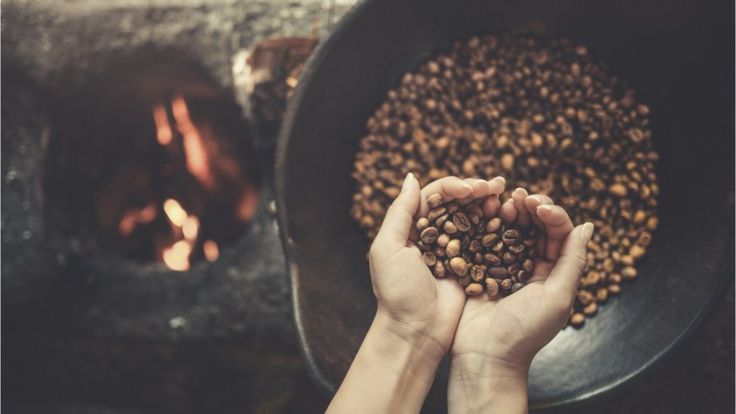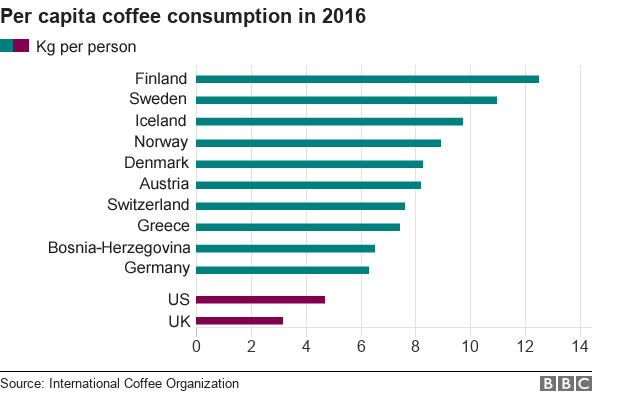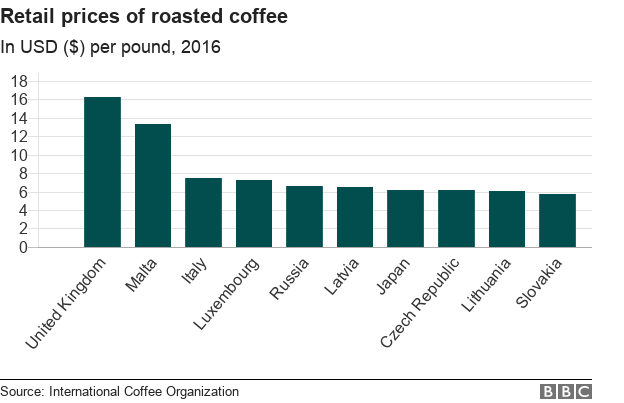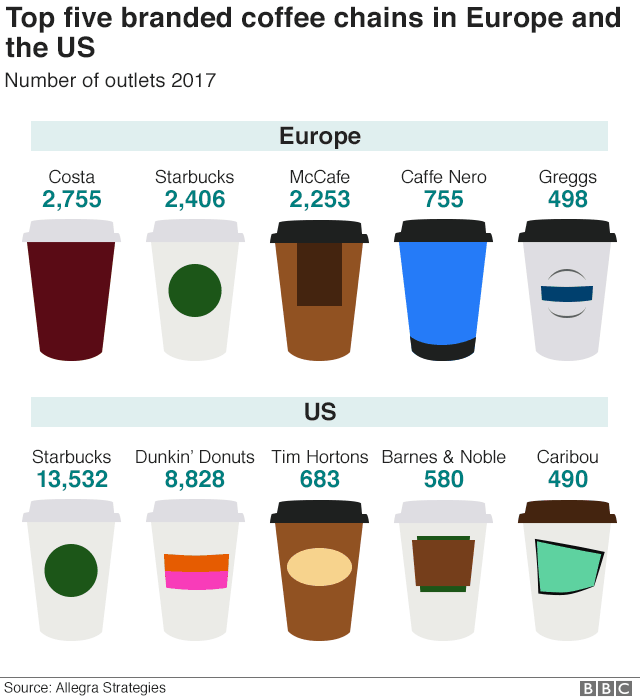- Joined
- Jul 15, 2008
- Messages
- 22,121
- Points
- 113
Kopi trivia 
Coffee: Who grows, drinks and pays the most?

How do you like your coffee in the morning? From an Italian espresso to the Vietnamese ca phe trung, made with egg yolks and condensed milk, a lot depends on where you wake up.
More people are drinking more coffee than ever before, according to the UN's Food and Agriculture Organization. So which nation produces the most beans needed for our caffeine fix? Who drinks the most coffee, and where do people buy it?
http://www.bbc.com/news/business-43742686

Coffee: Who grows, drinks and pays the most?
How do you like your coffee in the morning? From an Italian espresso to the Vietnamese ca phe trung, made with egg yolks and condensed milk, a lot depends on where you wake up.
More people are drinking more coffee than ever before, according to the UN's Food and Agriculture Organization. So which nation produces the most beans needed for our caffeine fix? Who drinks the most coffee, and where do people buy it?
http://www.bbc.com/news/business-43742686






